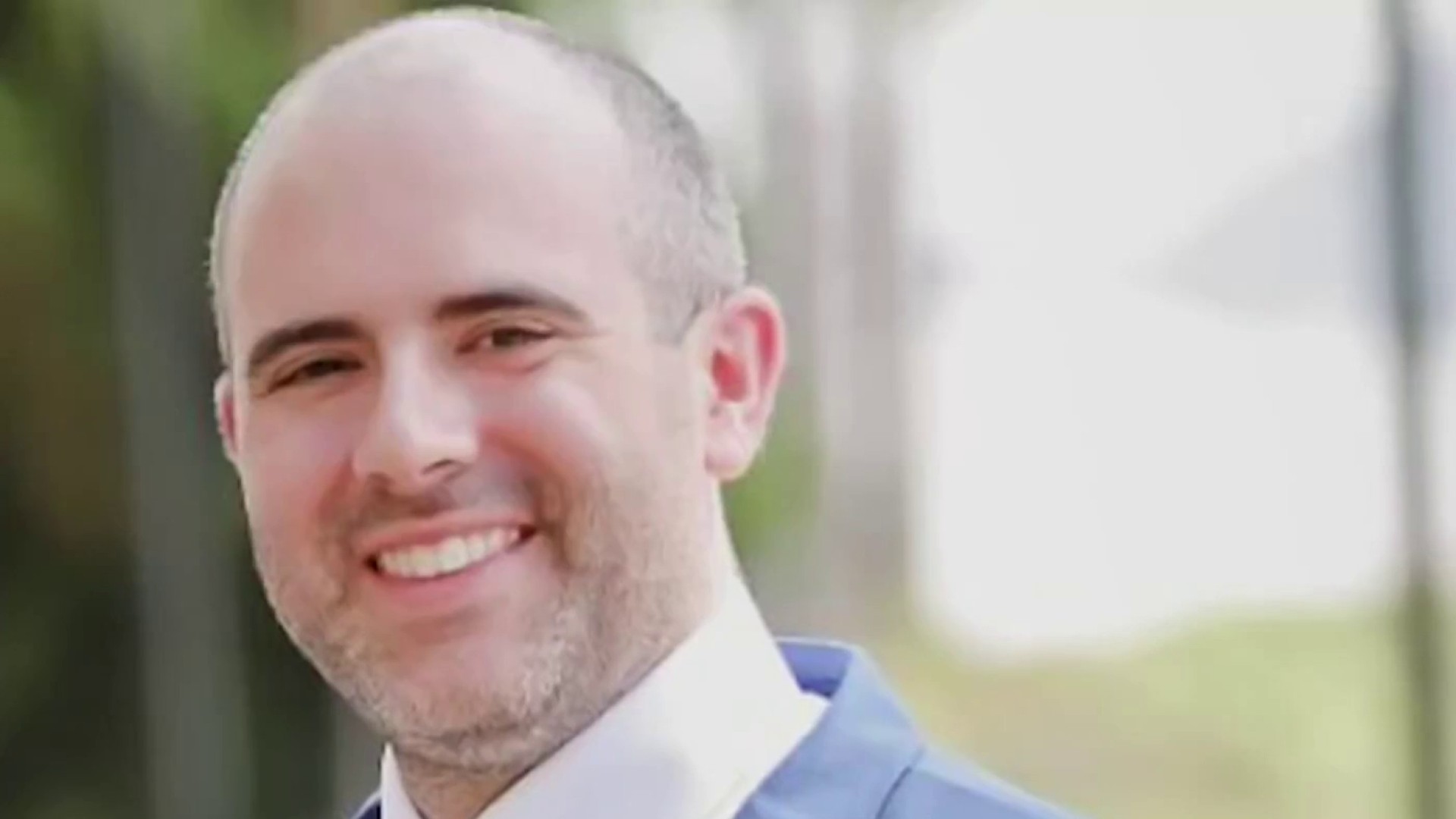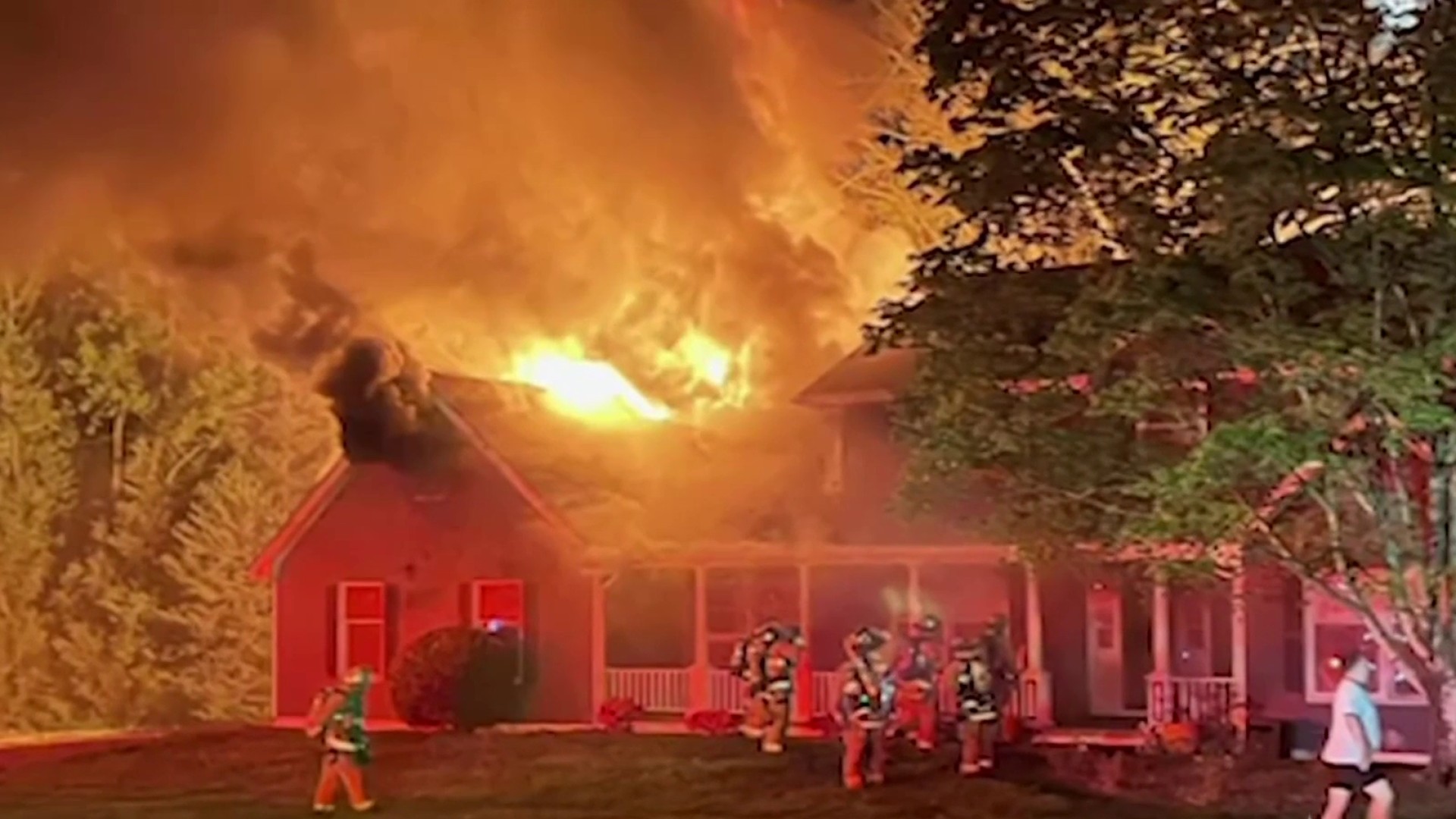The U.S. Army Corps of Engineers doesn't have an emergency public safety plan for a northwest Washington neighborhood where it plans to destroy World War I chemical munitions.
The weapons were found in the Spring Valley neighborhood, which was once a testing and disposal site for the U.S. Army.
Weapons buried 90 years ago are still being discovered today, and some of them are scheduled to be destroyed next month.
At a City Council roundtable Monday, Spring Valley residents said the chemicals in the weapons are potentially hazardous, and they want to hear how the Army plans to act if something goes wrong.
"We have grave concerns," said Ward 3 councilmember Mary Cheh. "If something should go wrong, how will the community be notified? What is the worst case scenario we will face? What contingency plans are in place to safeguard public health in case of an accident?"
The disposal process will take place on federal property near the Dalecarlia Reservoir.
The old ordnance will be placed in a stainless steel containment vessel with another small explosive. The explosive will be detonated via remote, causing the old munitions to crack open. The potentially dangerous arsine gas would be trapped in the containment vessel, and neutralizing agents inside would react to form a less toxic substance.
Local
Washington, D.C., Maryland and Virginia local news, events and information
The Army Corps said the process is common, but admitted there is no emergency plan should something go wrong.
"We were not planning on taking additional protection actions beyond the federal property," said Todd Beckwith, a project manager with the Army Corps.
Residents said that's not good enough.
"The longest running play in America is here in Washington and it is named Shear Madness, which in my view is exactly what this decision is," said Advisory Neighborhood Commissioner Stu Ross. "Just pause and think for a moment about what would happen if someone got it wrong."
Advisory Neighborhood Commissioner Thomas Smith added, "As history has shown us, accidents happen. It would be nice to know there is a plan in place that is more detailed than somebody saying, 'Whoops.'"



